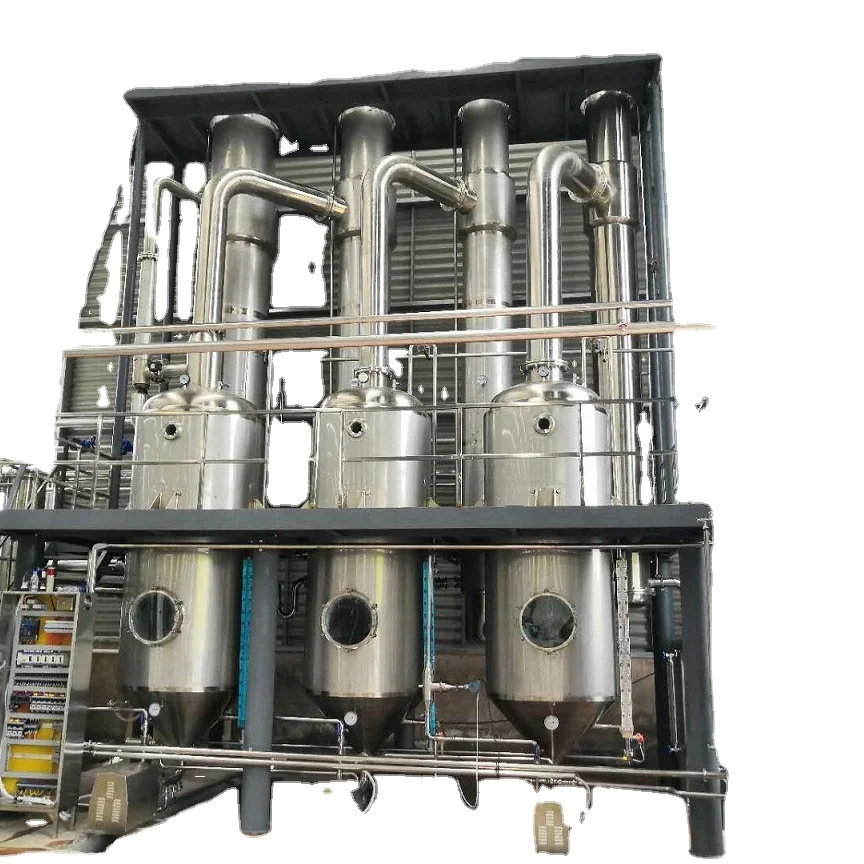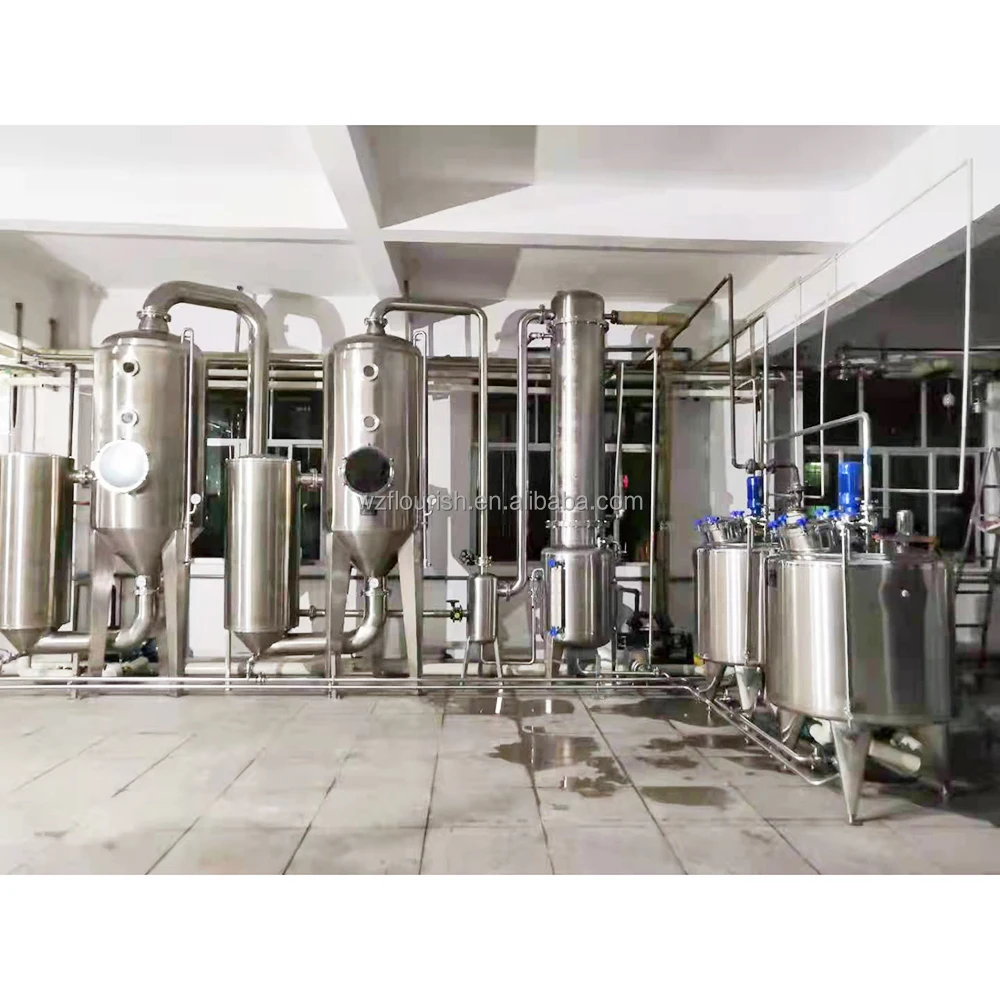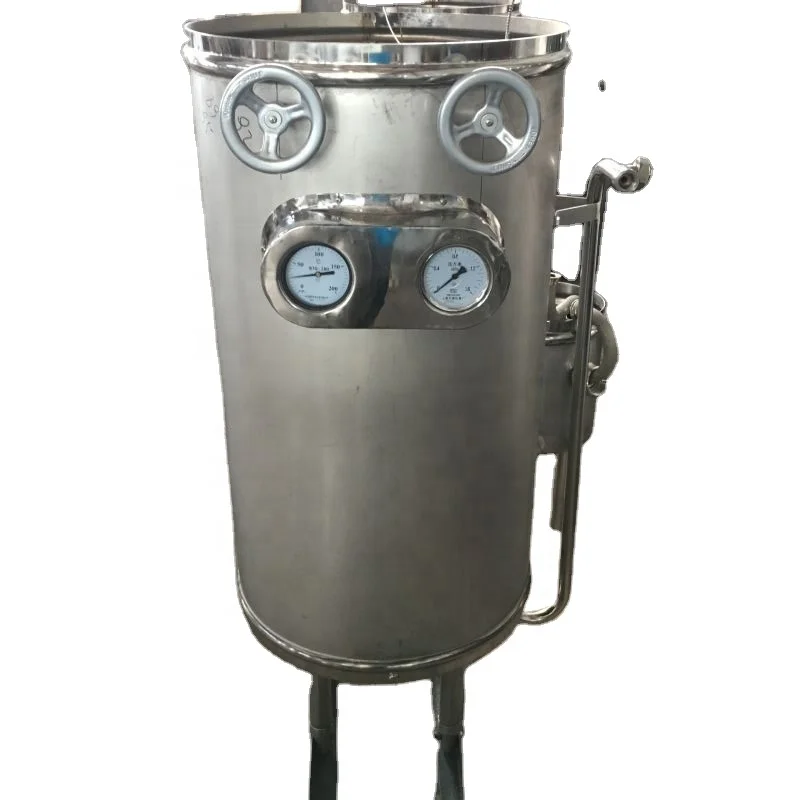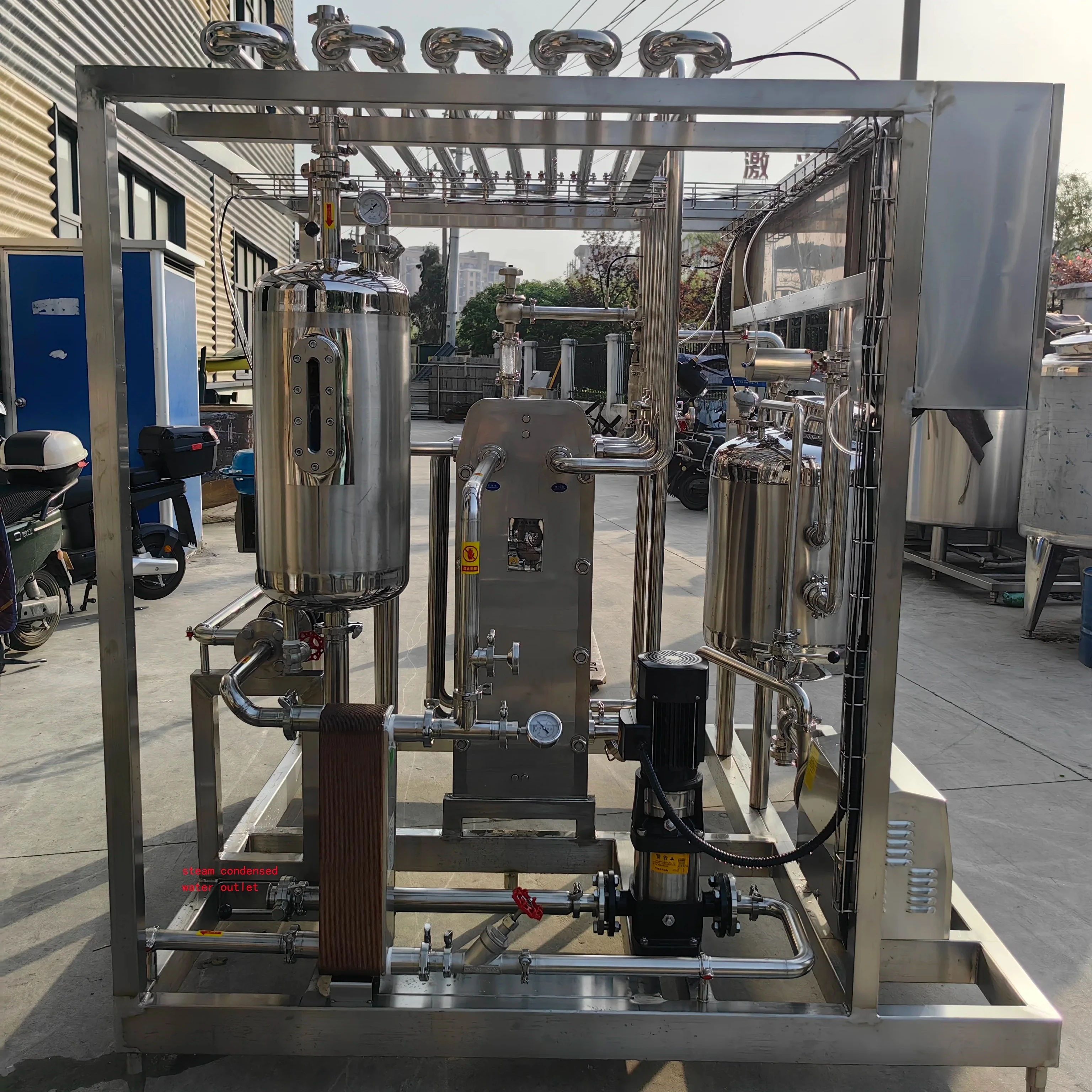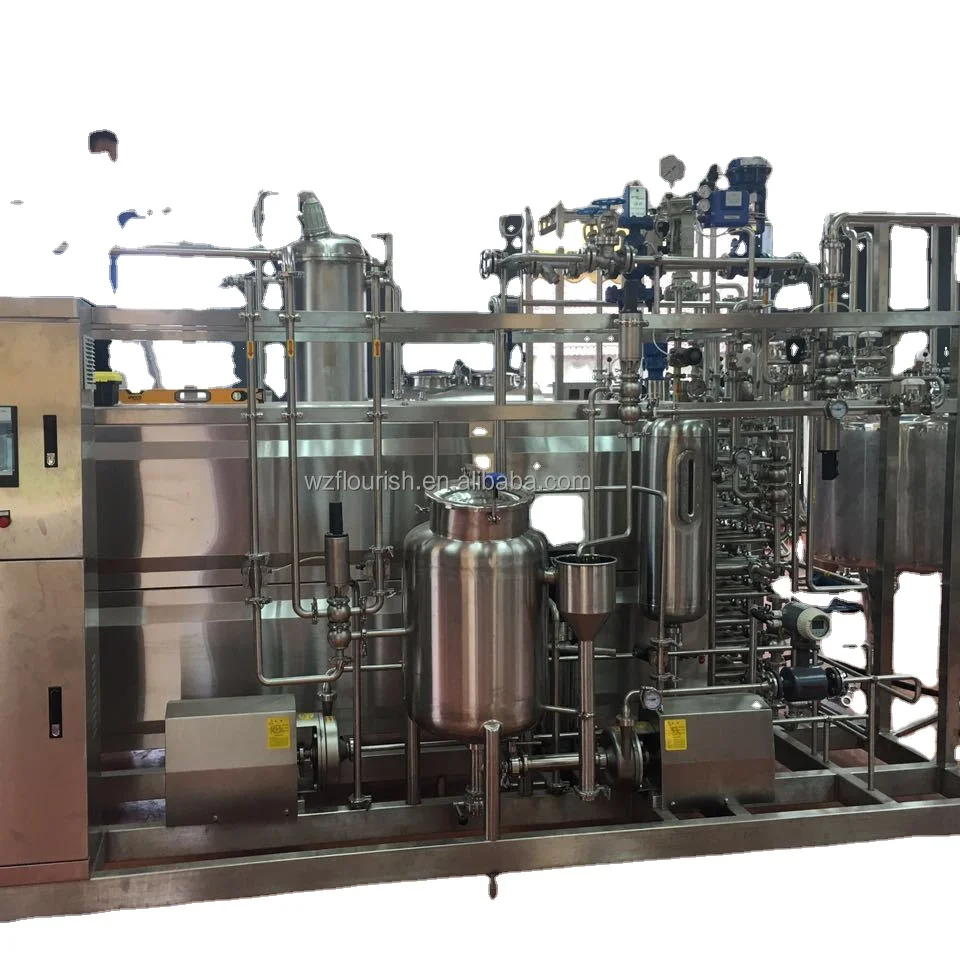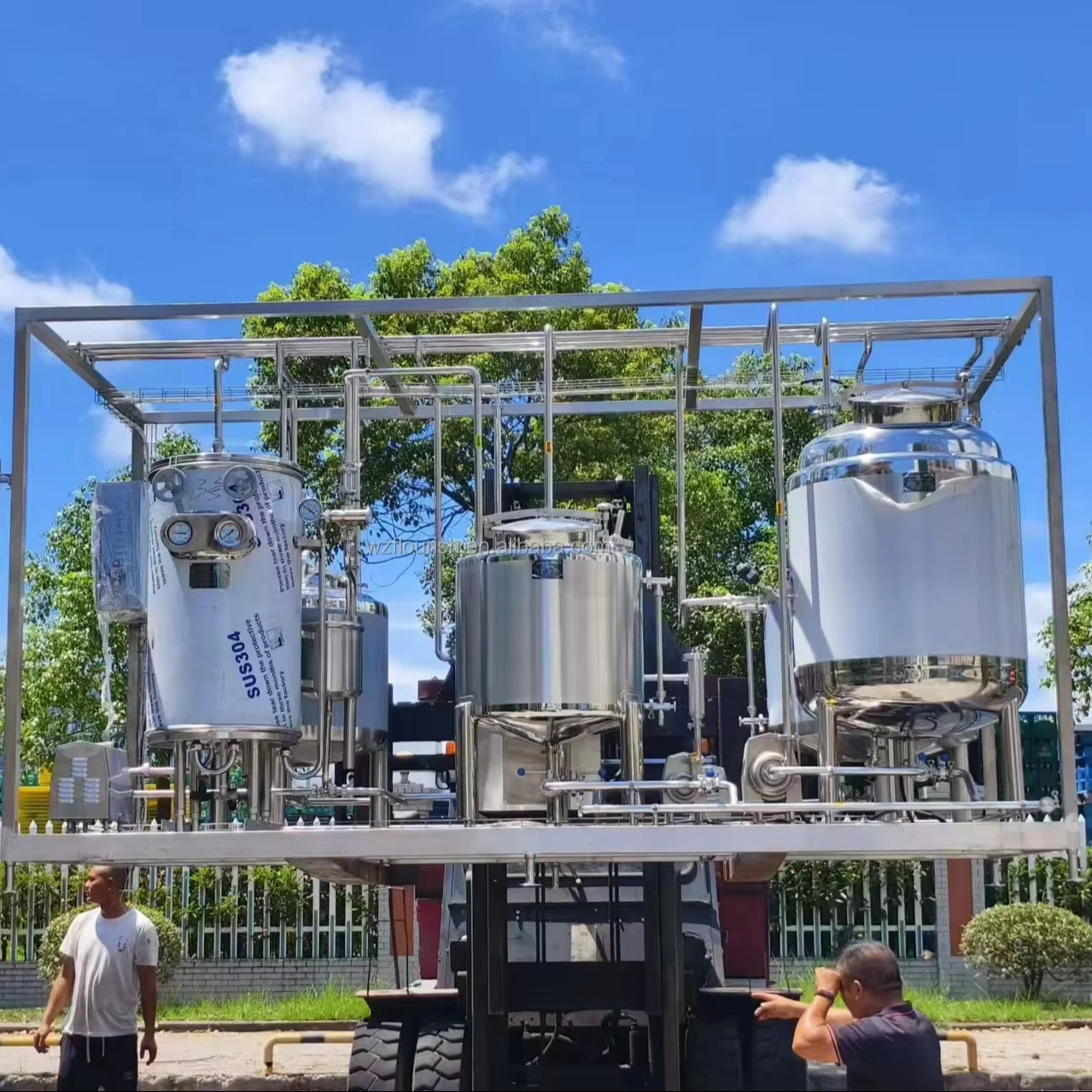ABOUT
Wenzhou Vince Machinery Science Co., Ltd. was established in early 1980s. Our company covers an area of 6500 square meters and is an independent legal representative firm, possessing rich economic technology strength. Our company is a high tech enterprise and plays an important role in national dairy, foodstuff, pharmacy and machinery industries. We are a beverage machinery supplier.
Since the establishment, our company has mainly engaged in dairy products, foodstuff, beverage machinery, bean products, yellow wine, medicines and fermentation projects. What's more, our company supplies a complete sequence services in manufacturing, installation, test and personnel train, as well as the whole direction service design and consulting service on product project construction or enlargement artistic distribution engineering sets budget.
PRODUCTS
Robust Stainless Steel Mixing Solution
Superior Material Properties
The cornerstone of any robust stainless steel mixing solution lies in the material itself. High-grade stainless steel, such as 316L, offers exceptional resistance to corrosion, even in aggressive chemical environments. This resistance is crucial in preventing contamination of the mixed product and extending the lifespan of the equipment. Unlike less durable materials prone to pitting and cracking, stainless steel maintains its structural integrity under constant stress and exposure to harsh chemicals, ensuring consistent performance over many years.
Furthermore, the inherent strength of stainless steel allows for the design of mixing solutions capable of handling high viscosities and shear forces. This is particularly important in industries dealing with thick slurries, pastes, and other challenging materials. The robust construction ensures the equipment can withstand the rigors of the mixing process without deformation or failure, minimizing the risk of equipment downtime and production delays.
Hygiene and Cleanability
In industries with stringent hygiene requirements, such as pharmaceuticals and food processing, the cleanability of the mixing equipment is paramount. Stainless steel’s smooth, non-porous surface prevents the build-up of bacteria and other contaminants. This characteristic simplifies the cleaning process, reducing cleaning time and the risk of cross-contamination. The ease of cleaning is further enhanced by the design of robust stainless steel mixing solutions, often incorporating features such as rounded corners and easily accessible components to minimize crevices where contaminants can accumulate.
Moreover, stainless steel is compatible with a wide range of cleaning agents and sterilization methods, including high-pressure washing and steam sterilization. This versatility ensures the equipment can be thoroughly sanitized without compromising its structural integrity, leading to a higher level of product safety and compliance with industry regulations.
Customization and Versatility
Robust stainless steel mixing solutions are highly customizable, allowing for tailored designs to meet specific process requirements. This adaptability is crucial as mixing needs vary significantly across different industries and applications. Whether it’s the size of the mixing vessel, the type of impeller, or the incorporation of specialized features like heating/cooling jackets or vacuum systems, manufacturers can adapt the solution to optimize mixing efficiency and product quality.
The versatility extends to the range of applications suitable for these solutions. From simple batch mixing to continuous flow processes, robust stainless steel mixers can handle a vast array of viscosities, solids concentrations, and mixing requirements. This broad applicability makes them a valuable asset in diverse sectors, minimizing the need for multiple specialized mixing systems.
Economic Benefits
While the initial investment in a robust stainless steel mixing solution might seem higher compared to less durable alternatives, the long-term economic benefits significantly outweigh the initial cost. The extended lifespan of the equipment reduces the frequency of replacements, minimizing downtime and associated production losses. Furthermore, the reduced need for repairs and maintenance contributes to lower overall operational costs.
The enhanced product quality resulting from consistent and reliable mixing translates to reduced waste and improved product yield, further boosting the economic advantages. Finally, the enhanced safety features inherent in these solutions reduce the risk of accidents and injuries, leading to lower insurance premiums and improved workplace safety records.
SUBSCRIBE
INQUIRY

